Rebecca Sue
By Kathleen Norris (InterVarsity Press, 2025)
Over several decades, Kathleen Norris has written multiple spiritual classics, all of which ground complex topics within her personal experience. For instance, in Acedia & Me: A Marriage, Monks and a Writer’s Life (Penguin Publishing Group), she reinvigorates an ancient term for spiritual malaise.
Norris’ latest book, Rebecca Sue: A Sister’s Reflections on Disability, Faith and Love, involves no such complexity but will hit home for many readers. Norris was 5 years old when her baby sister, deprived of oxygen during a difficult birth, entered the family with serious mental and physical challenges. Norris recounts this painful story via Becky’s own letters and writings, her medical records, and personal reminiscence. The writing is straightforward and pragmatic but deeply poignant.
With her angry outbursts, lack of judgment, desperate longing for a romantic love interest, and desire for work worthy of respect, Becky could be difficult. Loving her required a lot of patience. And so many systems had failed her. The medical establishment over-prescribed a harsh drug regimen; the educational system failed to support her needs. She experienced social pain and rejection and sexual abuse.
Nevertheless, Norris portrays her sister as lovable, warm, funny, and often wise. Becky’s difficulties led her to confront some universal human questions: “What can I do to be good enough?” and “Why did it have to be me?” She had more reason to ask, “Why me?” than most people, yet Norris reports that in Becky’s last days, after two rounds of cancer, she could still enjoy red velvet cake and a trip to the movies. She had achieved sufficient self-awareness to fear the return of “old Becky”—her angry, resentful self.
No fairy-tale ending here, or any heroes. It is raw, the stuff of real life, but Norris’ love for Becky and her gift of faith renders their hardships bearable.
—Maryann Hannan
Sacred Stones
By Kenneth McIntosh (Anamchara Books, 2025)
The Celtic cross—a cruciform symbol with its intersection encircled—is as ubiquitous as it is ancient, claimed as an emblem by pagans, Christians, goths, and heavy metal devotees alike. Spurious history and misguided meaning are often the only common threads between these usages, writes pastor and Celtic spirituality expert Kenneth McIntosh. In Sacred Stones, McIntosh untangles the misconceptions around the symbol, while weaving together a rich tapestry of narrative approaches, suggestions for spiritual practices, and invitations to cross earthly, spiritual, and personal boundaries into the mystery, belief, and wisdom originally carved in stone.
McIntosh analyzes the origin and significance of the stone crosses first constructed in Ireland and the British Isles during the early Middle Ages. Were “wheel crosses” a clever incorporation of native pagan sun symbols? Were they derived from halos of Byzantine icons, the early Christian Chi-Rho, or Coptic ankhs? Do carved embellishments representing fantastic creatures nod to mythology or scripture or historical events? Is the cross a symbol of suffering or redemption? The author’s answer is “yes” to all the above.
McIntosh’s essays about personal pilgrimages to obscure monuments, as well as his fictional vignettes of time travel, are engaging and evocative. His prompts, which involve hermeneutics, original prayers, and contemplation, all start with choosing one cross—whether from the book’s many illustrations, online, or in a personal collection—as a companion for the contemplative reading journey.
Ultimately, the author concludes, each of us finds ourselves within “the circle of the cross.”
“We are each of great worth,” McIntosh writes. “We each contain God . . . We are each a precious part of the great interwoven whole.”
—Jean P. Kelly
Briefly noted:
From the Underground Church to Freedom
By Tomáš Halík (Notre Dame Press)
Having grown up under Stalinism in Prague, Halík tells the stories of his faith and of his conversion to Christianity during a time of persecution.
Tear Down These Walls
Edited by Miguel A. De La Torre and Mitri Raheb (Orbis Books)
This collection of essays provides a comparison study on the impact of walls upon colonized people living on occupied lands.
Dim Sum and Faith
By Jenn Suen Chen (InterVarsity Press)
With guided scripture readings and reflective prompts, Chen provides a channel to witnessing God’s presence in each of our stories.
This article also appears in the September 2025 issue of U.S. Catholic (Vol. 90, No. 9, page 39). Click here to subscribe to the magazine.


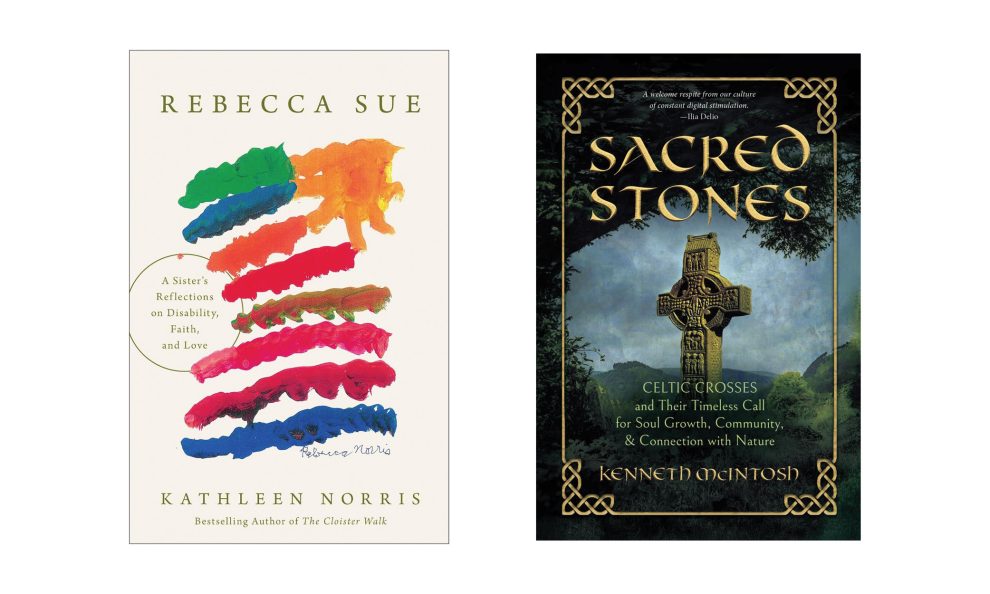
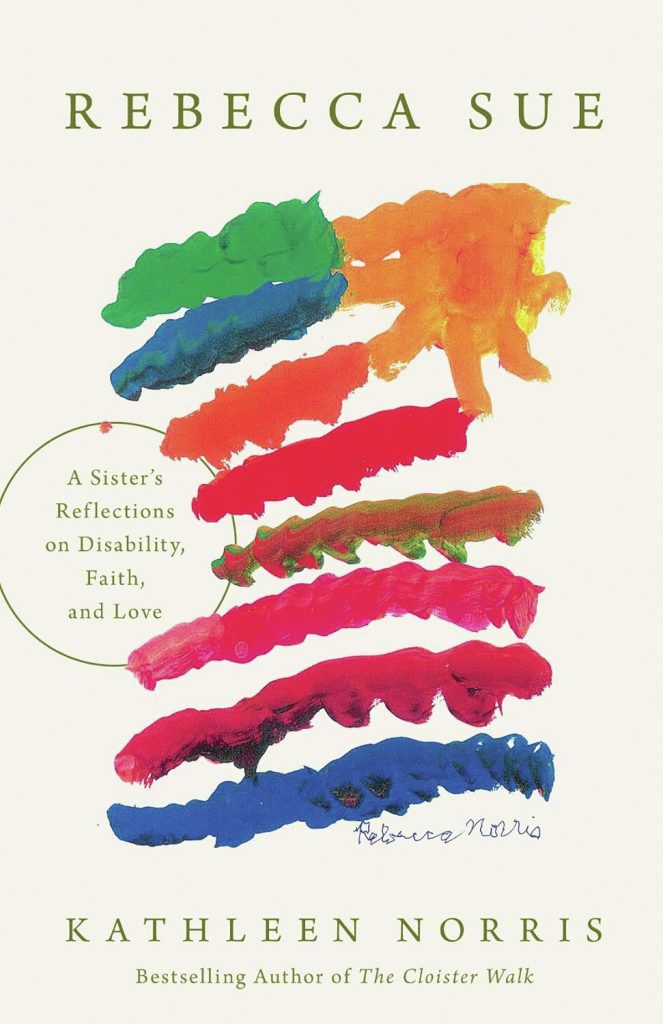
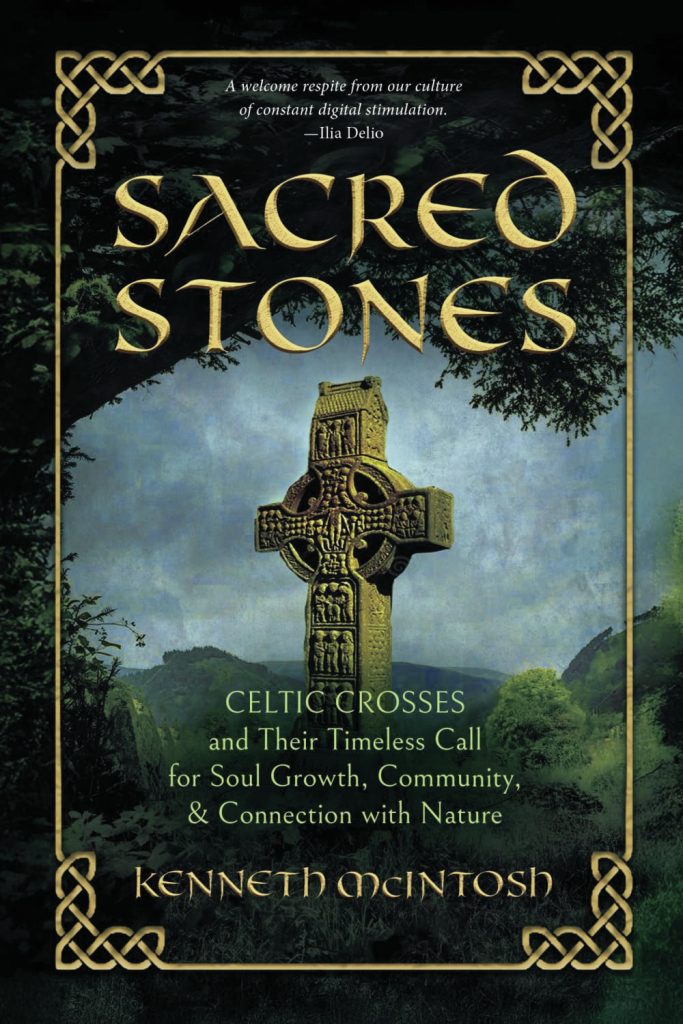
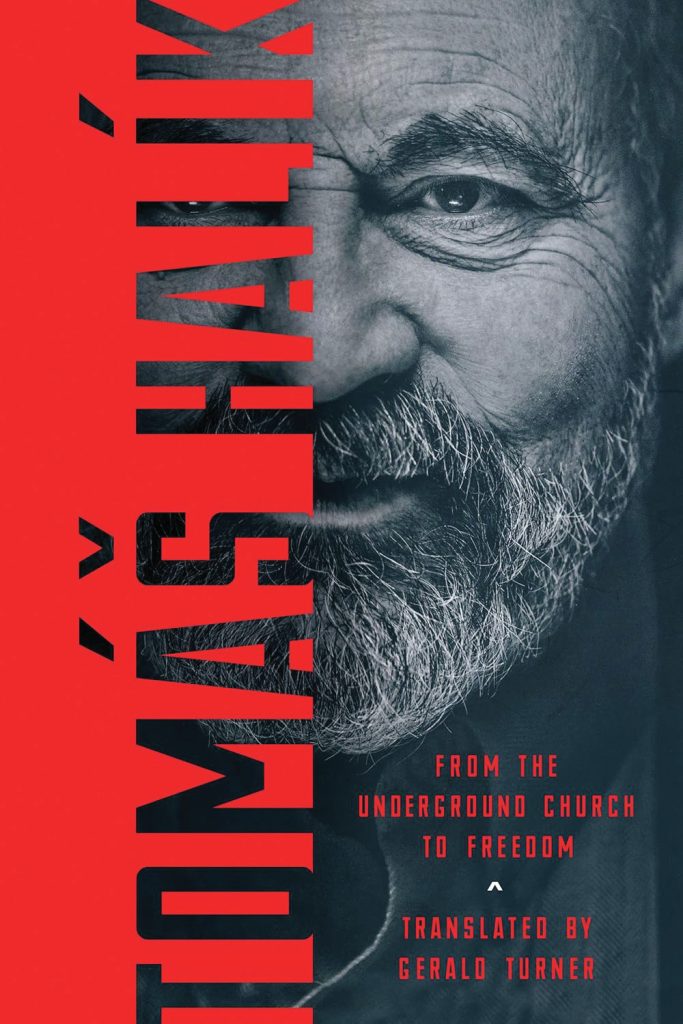
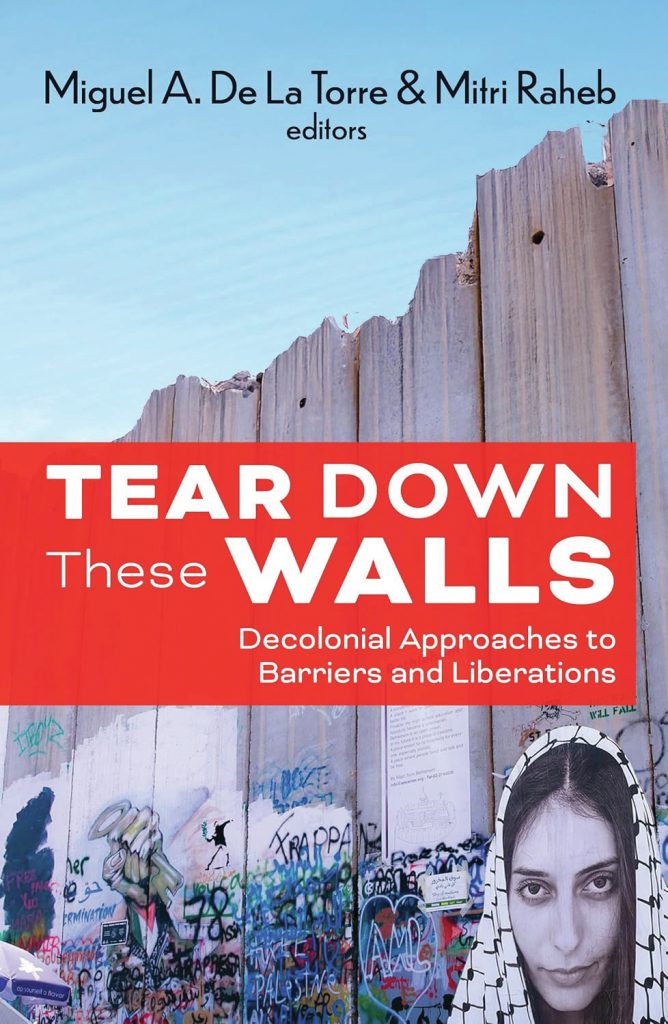
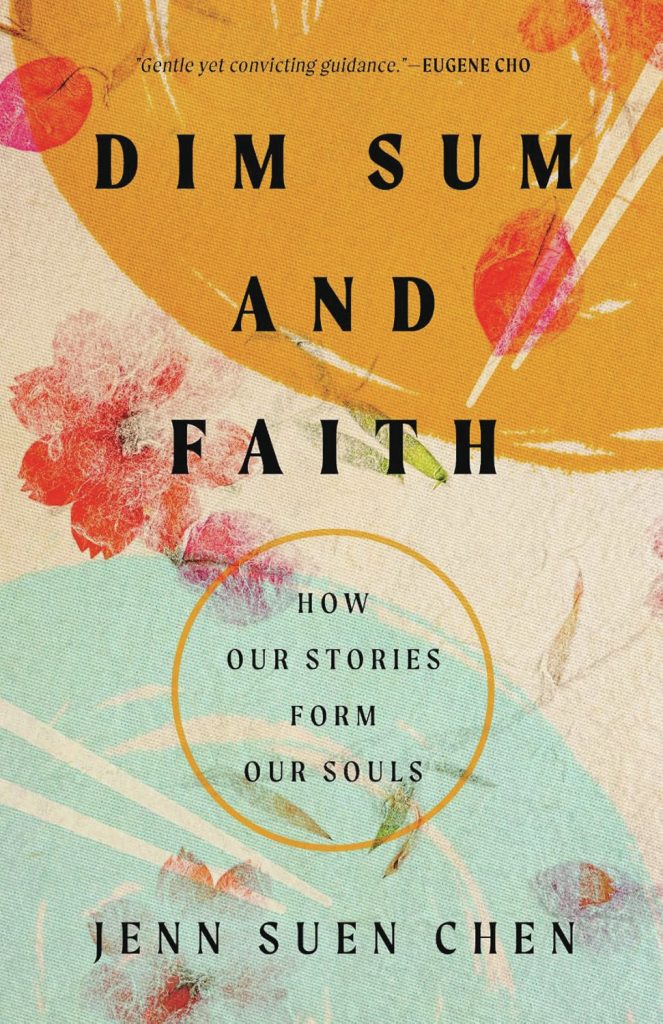










Add comment